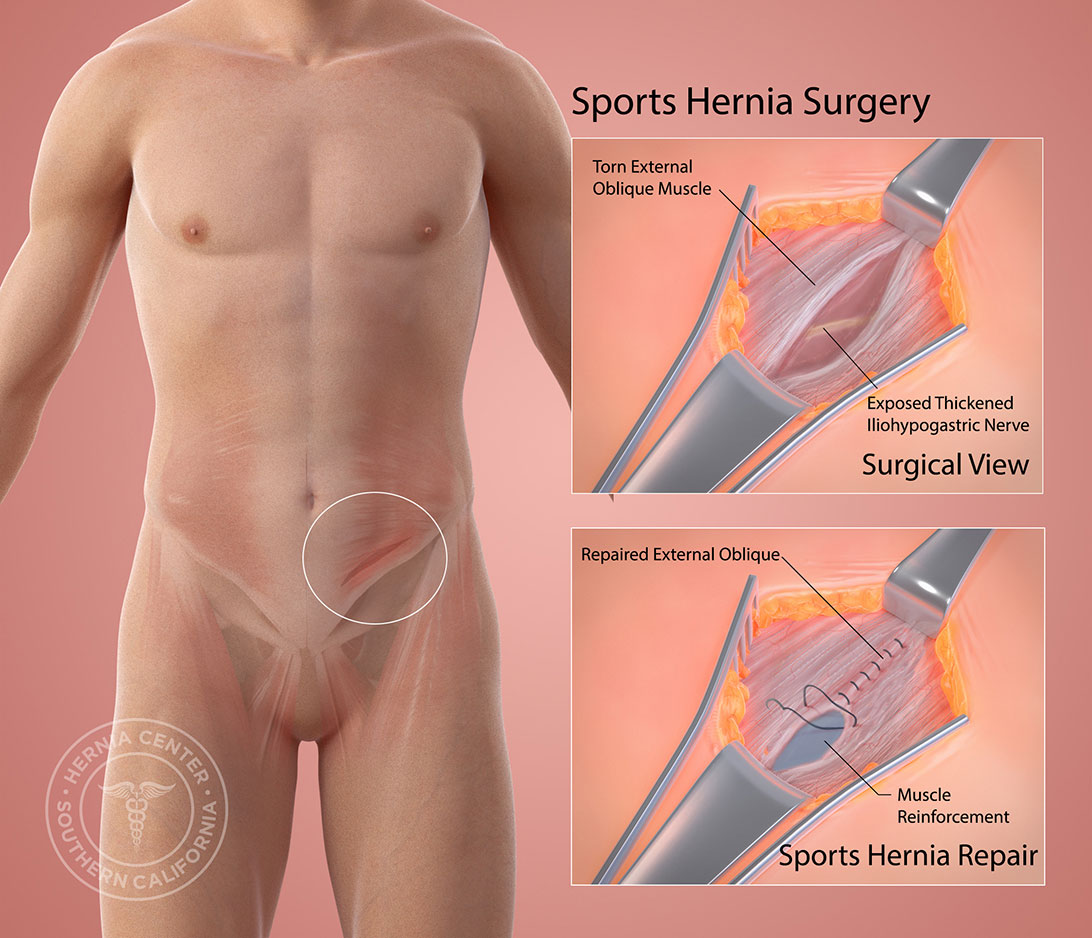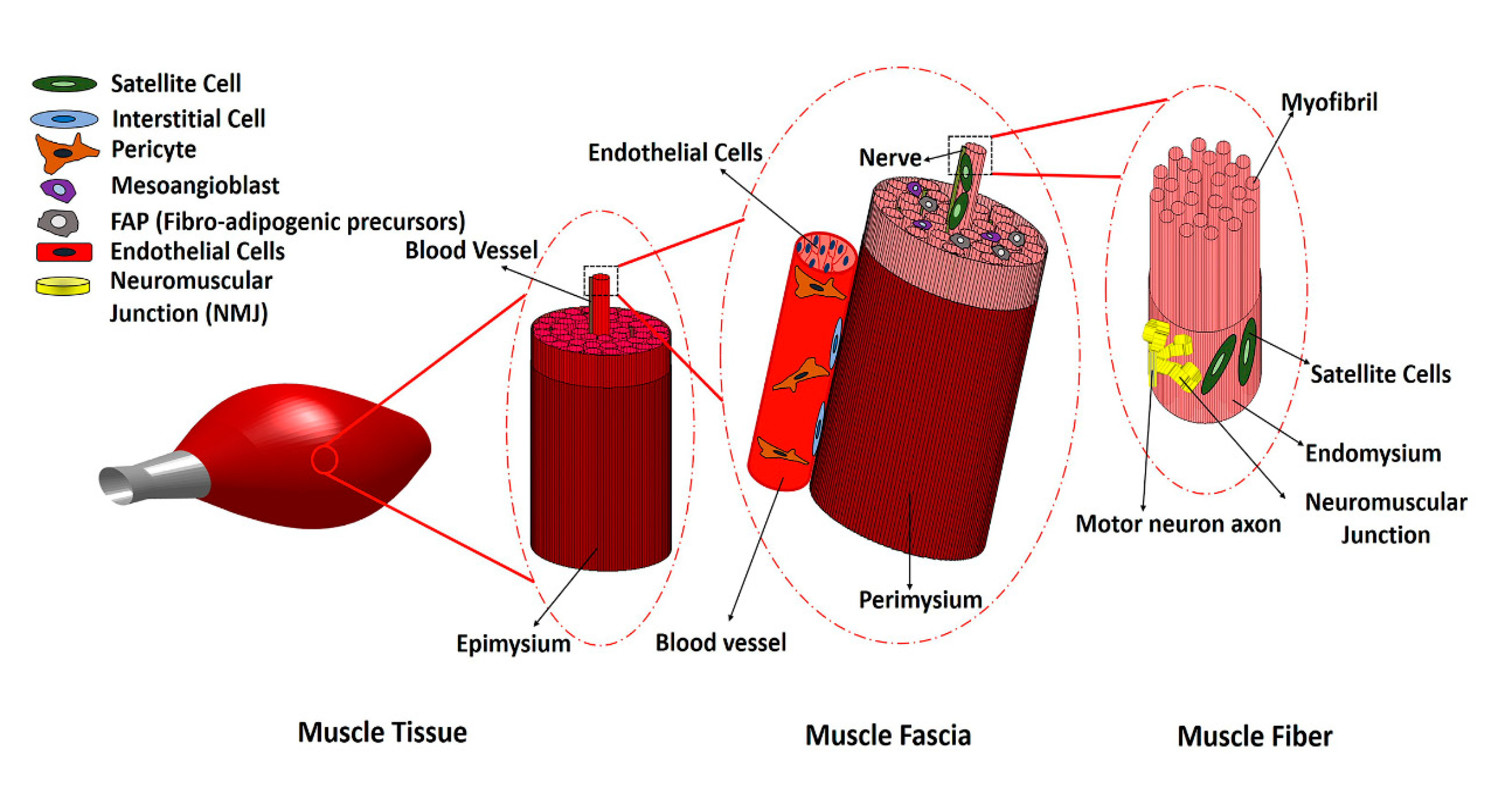
Bioengineering, Free Full-Text
Extensive damage to skeletal muscle tissue due to volumetric muscle loss (VML) is beyond the inherent regenerative capacity of the body, and results in permanent functional debilitation. Current clinical treatments fail to fully restore native muscle function. Recently, cell-based therapies have emerged as a promising approach to promote skeletal muscle regeneration following injury and/or disease. Stem cell populations, such as muscle stem cells, mesenchymal stem cells and induced pluripotent stem cells (iPSCs), have shown a promising capacity for muscle differentiation. Support cells, such as endothelial cells, nerve cells or immune cells, play a pivotal role in providing paracrine signaling cues for myogenesis, along with modulating the processes of inflammation, angiogenesis and innervation. The efficacy of cell therapies relies on the provision of instructive microenvironmental cues and appropriate intercellular interactions. This review describes the recent developments of cell-based therapies for the treatment of VML, with a focus on preclinical testing and future trends in the field.
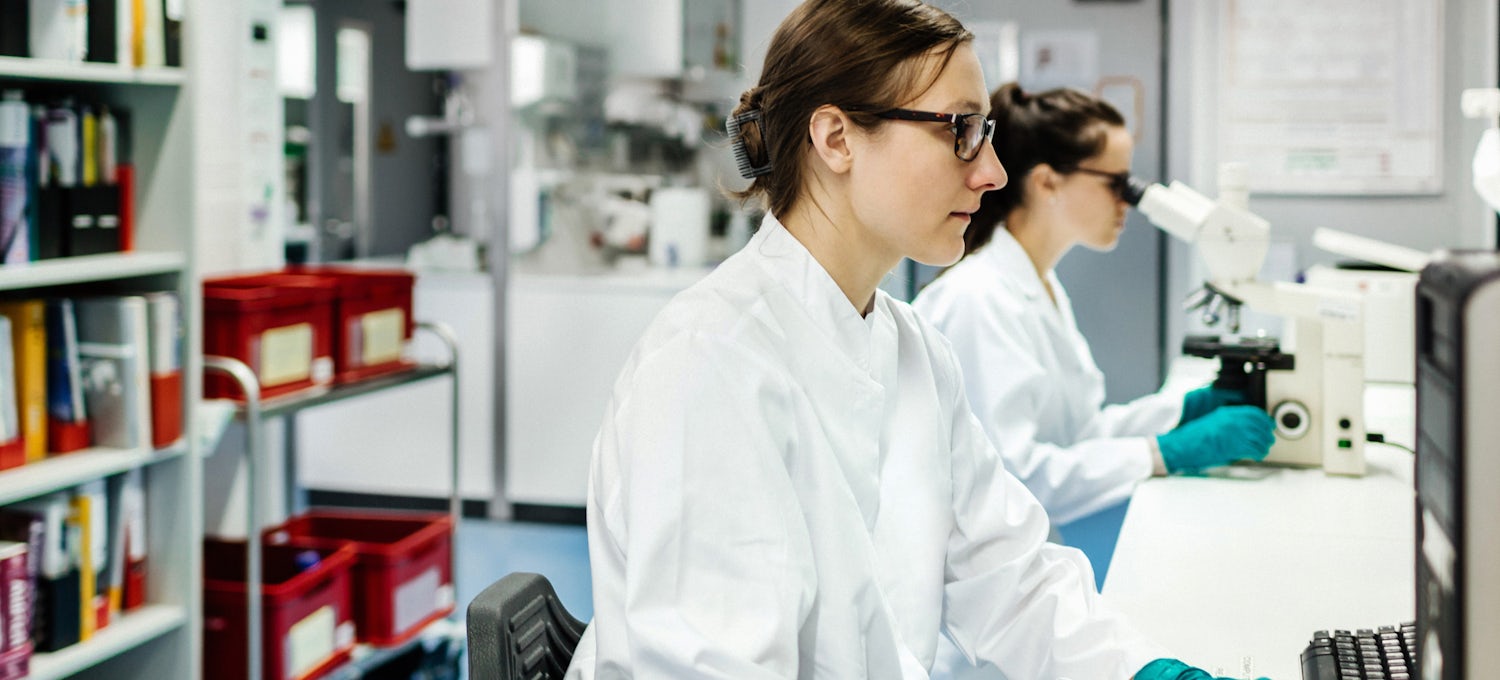
What Is Biomedical Engineering?
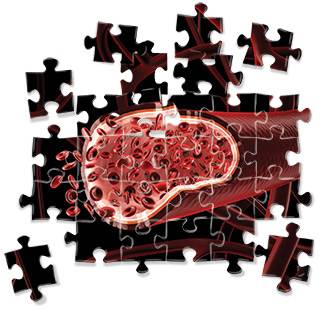
Bioengineering, Free Full-Text, o que significa cgc/mf

What Is Biomedical Engineering? Michigan Technological University

How to manage Helicobacter pylori infection beyond antibiotics

1+ Biomedical Engineer Cover Letter Examples (with In-Depth Guidance)
Bioengineering: Over 4,734 Royalty-Free Licensable Stock Vectors

Bioengineering, Free Full-Text
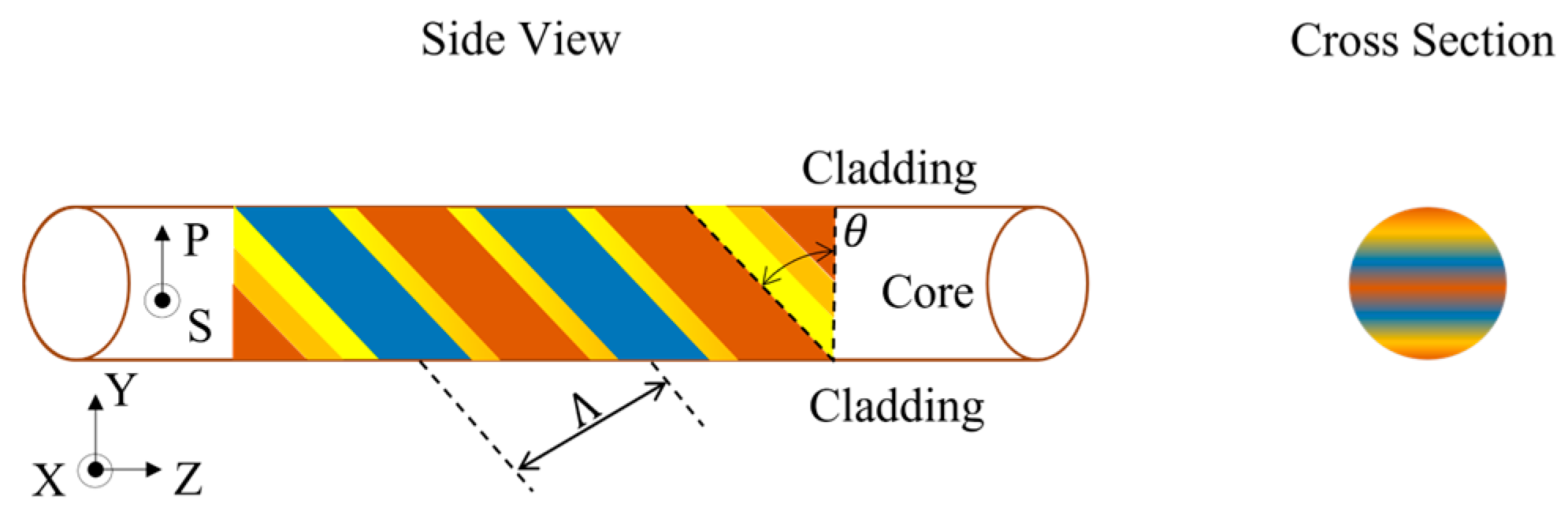
Bioengineering, Free Full-Text

Scientific Literature Vector & Photo (Free Trial)

Changes in Social Contexts to Enhance Functional Status of the


